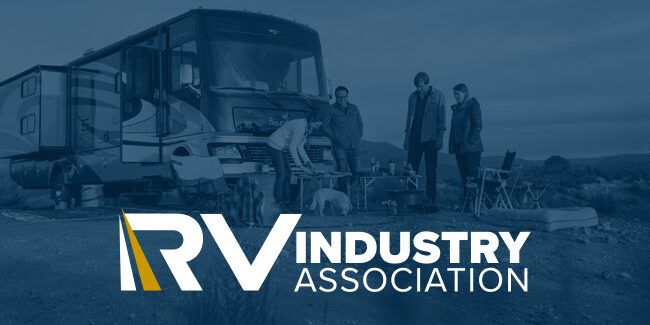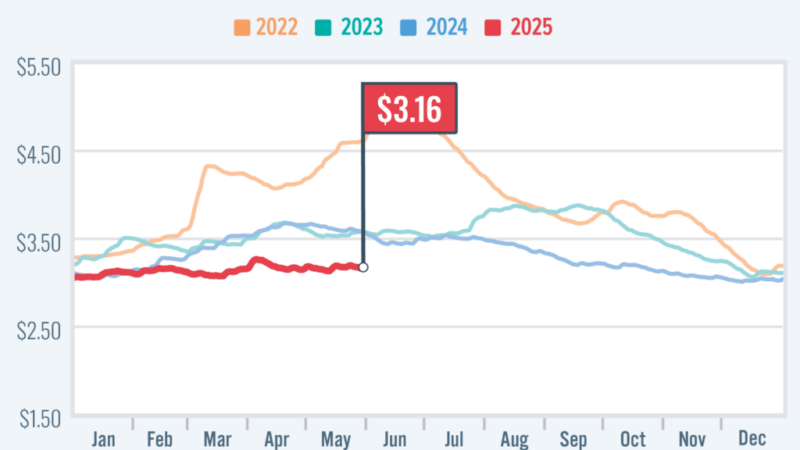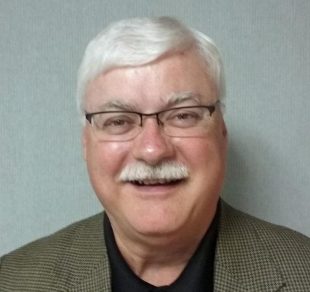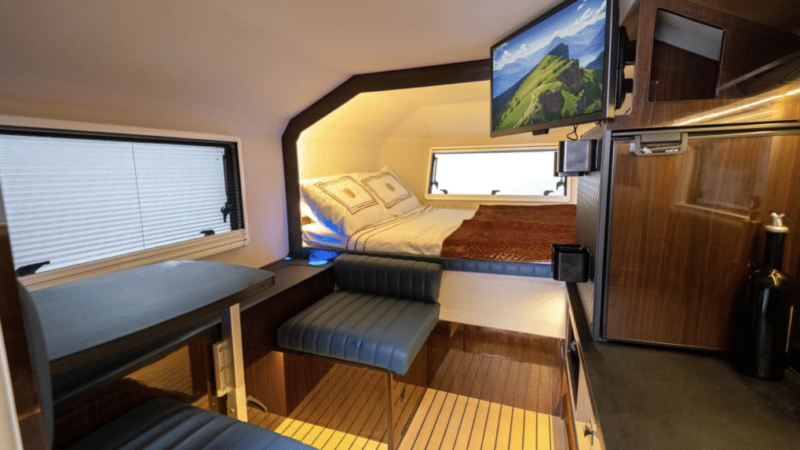KOA CEO O’Rourke Shares Recent Camping Report Data – RVBusiness – Breaking RV Industry News
ELKHART, Ind. – Toby O’Rourke, president and CEO of Kampgrounds of America Inc. (KOA), shared recent data from the company’s recent North American Camping & Outdoor Hospitality Report that highlighted the growth of the outdoor hospitality industry.
To start, she highlighted that Baby Boomers are back in a big way, with O’Rourke noting that 26% of campers were from the boomer generation in 2023, a 19-point increase over 2022. Boomers also make up 22% of new campers.
“While the younger generations have been a focus for several years, we have to shift some attention back to this important segment, which has always driven this business,” O’Rourke highlighted.
She also noted that it is time to push back on the message that parks do not have capacity, noting that only 16% of campers said they experienced overcrowding in 2023.
Campground booking windows are also shortening, with O’Rourke explaining that 16% of campers plan to shorten their booking windows and that one-third of campers are interested in more spontaneity when it comes to camping.
“We are seeing an increase in same day reservations and an increase of 21% since 2021 in shoulder season camping,” she said. “Weather, such as rain and extreme heat, are driving some of this shift.”
However, O’Rourke said that the industry needs to use data to better understand where the industry is heading, not just where it is right now.
“In order to change how a product is designed or create an experience that consumers enjoy, it takes time,” she noted. “We need to find the sparks of change in the data. To see trends and what is coming next.”
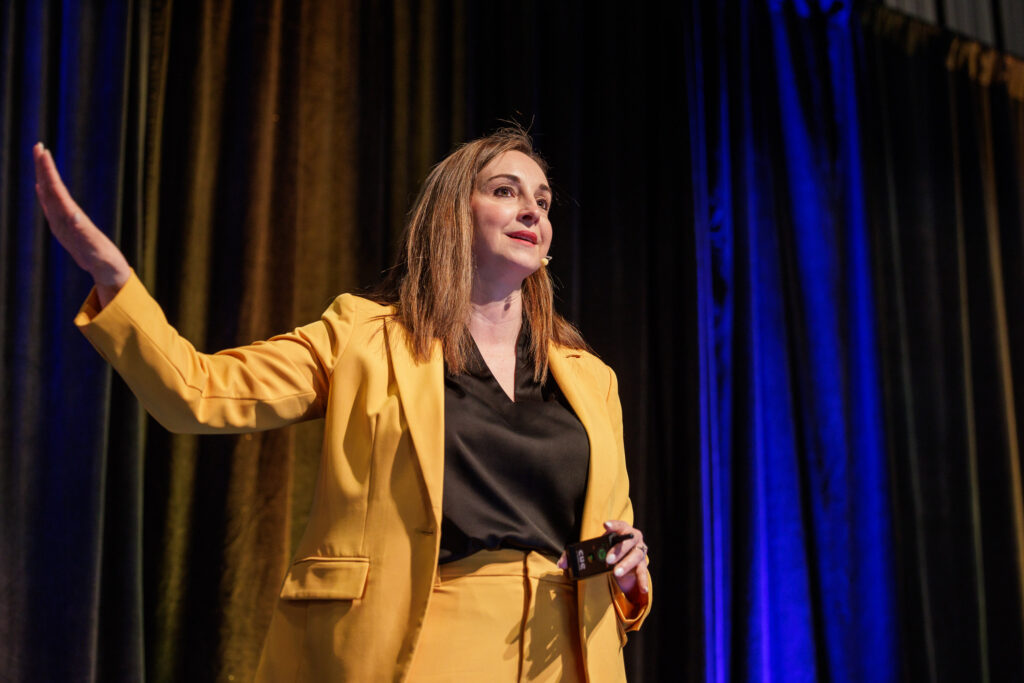
Some of the future-forward things that the industry needs to focus on:
Convenience: Road trips are outpacing camping and two-thirds of those that are taking road trips and don’t camp say it is mainly due to convenience and that they feel it is easer to stay in a hotel.
O’Rourke noted that RV deliveries to campsites are growing and is driven by convenience too.
“Forty-five percent of existing RVers say they are interested in RV delivery, so even the core RV base is interested in this,” she said. “This is sort of RVing’s link to glamping.”
Glamping: Glamping contributed more camping households than any other segment and O’Rourke noted that it is bringing hotels into the segment. New “adventure hotels” are springing up that target outdoor lovers — people that would traditionally stay at a campground.
“Some parks now have hotels that are adjacent to the campground,” O’Rourke explained. “How do we blend these experiences and bring in new customers?”
Off-Grid: “We are seeing double the number of people interested in back-country camping,” said O’Rourke. “Overlanding is extremely popular and 70% of campers want to try it. How do we better design experiences to tap into this?”
Non-Traditional Camping: Seventeen percent identify as car campers — meaning they sleep in their cars. Why? They feel safer. One-third of these people say they are interested in RVs.
Seven percent of campers say they have camped on streets.
“We are also seeing a rise in “no car camping,” said O’Rourke. “People are using public transportation or other forms of transportation to get to a park. This mainly occurs in urban areas, and we need to look at creating better experiences for people from urban areas.”
Accessibility: “Over 40% of camping households say a family member has a physical challenge, and it is important as we look at boomers,” said O’Rourke. “How do we keep them camping and enjoy the outdoor experience? Thirty percent of camper households also have a Nero-divergent family member, and this has increased in the younger generations, which are the future campers. We need to pay particular attention to our online experience and the product we offer as we consider accessibility.”
Other key areas that O’Rourke touched on included artificial intelligence, the personalization of the camping experience, mobility trends as it relates to electric vehicles, autonomous vehicles and how cars are transforming into entertainment centers as autonomous vehicles come online.
“We have to fight the tendency to focus on today or the next year or two, the best way is to leverage the data and rally around the changes, so we can position this industry well against other forms of travel,” O’Rourke explained. “We are competing for peoples’ time and how they spend their travel dollars.”


